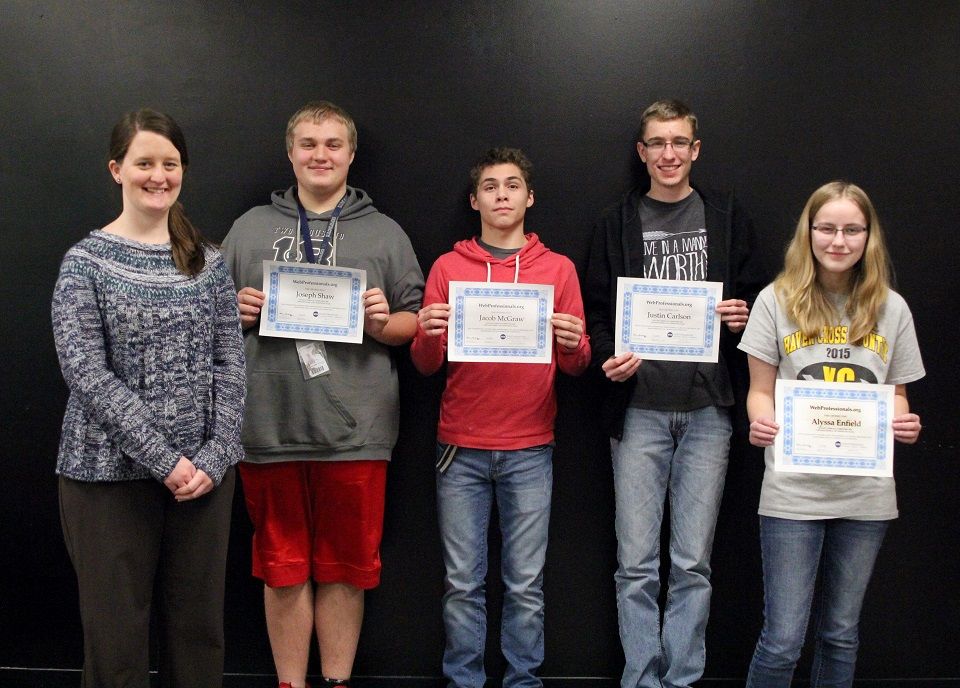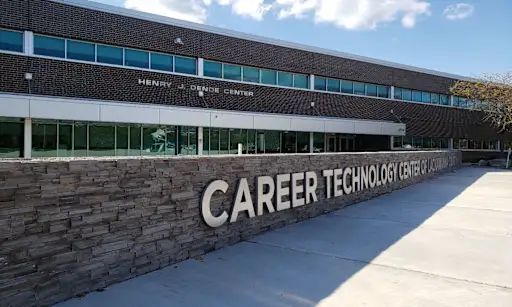Blog
Big Win for CTE and STEM – Career and Technical Education Funding Increased! Thank You ACTE .
Career and Technical Education can cheer the latest budget. Thank You ACTE
Congress approved the funding bill, and with it will receive a $75 million increase .
For those of us in CTE we can be excited to see an increase in Carl Perkins finding in years. We can thank congress for the big save as the Trump Administration’s FY 2018 budget actually requested a 15 percent cut to the state grant program. I think we can all see this as a sign of the on going and growing support for CTE on Capitol Hill.
How the Perkins Basic State Grant is spent:
The funding bill shows a $3.9 billion increase in discretionary funding for the Department of Education, and a $192 million increase for discretionary funding for the Department of Labor. In addition to the Perkins increase, other notable increases include:
- Student Support and Academic Enrichment Grants (ESSA Title IV-A) – Increased $700 million, to $1.1 billion in its second year of funding. This program can provide funding to CTE programs, particularly in the areas of career exploration and college and career guidance, technology and STEM.
- Pell Grants – Increases the maximum Pell grant by $175, to a total of $6,095.
- Work Study – Increased $140 million, to $1.1 billion.
- Apprenticeship Opportunities – Increased $50 million to a total of $145 million.
Congress is already working on FY 2019 funding. I hope you will join with me to continue to let our Members of Congress know we are grateful for their work to fund CTE, and to thank them specifically for this initial investment and our hope that this means that capitol hill will all keep up the momentum for increased CTE funding going forward.
Keeping ACTE in mind:
The ACTE association and its advocacy work has done a great job, once again. But they need our help to keep CTE in the minds of congress. Here are some things that you can do to help ACTE in their work to
- Use the ACTE online congressional directory to find your Members of Congress.
- Be sure to contact your Members of Congress using the CTE Action Center
or by phone through the Capitol Switchboard at 202-224-3121.
- Urge your Members of Congress to support the Perkins Basic State Grant funding in the FY 2019.
- Ask them to continue growing the investment in CTE in FY 2019 by increasing Perkins funding to $1.3 billion to finish restoring cuts made since FY 2007. For more details and talking points, see ACTE’s 2018 Legislative Priorities
Big thanks again to the awesome work of The ACTE Association. But they can not do it all on their own. Take a few moments to help them by following some of the suggestions above and engage your member of congress. Let them know that you care and CTE makes a difference. Below are some stats you might want to remember.
- CTE serves 94 percent of all high school students, including male and female students, students from many races and ethnicities, and students from higher and lower income backgrounds.
- Taking one CTE class for every two academic classes minimizes the risk of students dropping out of high school.
- The average high school graduation rate for students concentrating in CTE programs is 93 percent, compared to an average national freshman graduation rate of 80 percent.
- Male students; students from smaller, lower income or rural schools; students who have disabilities; and students who enter high school with lower academic achievement were more likely to participate in secondary CTE at higher levels.
Thank you Congress – Steve
Share To
Get in touch with us today!
You can book a demo directly using Calendly, call us directly at 913-764-4272 or 877-828-1216, or submit the form and we will reach out to you.
We look forward to helping you and your students.

Most Recent Posts






